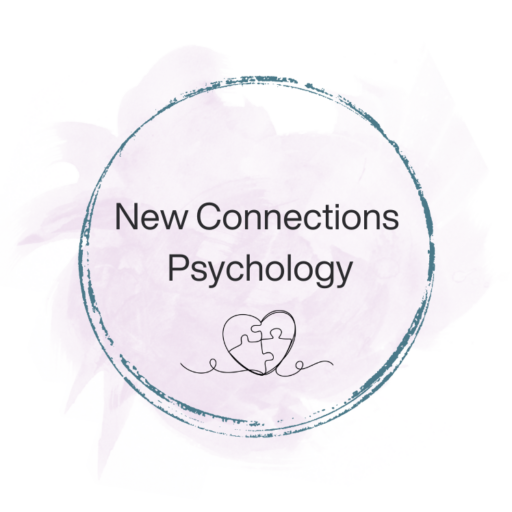Introduction
Depression is a complex and challenging mental health condition that affects millions of people worldwide. It can manifest in various forms and impact individuals differently, making it essential to recognize the signs and symptoms early on. In this blog post, we will delve into the depths of depression, exploring its signs, symptoms, and the available support options for those affected.
Understanding Depression: A Closer Look
Depression, often referred to as major depressive disorder, is more than just feeling sad or down temporarily. It is a persistent and overwhelming sense of sadness, hopelessness, and disinterest in activities that were once enjoyable. While everyone experiences occasional feelings of sadness, depression is characterized by its duration and intensity, often lasting for weeks, months, or even years.
Signs and Symptoms of Depression
Recognizing the signs and symptoms of depression is crucial for early intervention and support. While individuals may experience depression differently, common signs include:
- Persistent Sadness: A deep and enduring feeling of sadness that persists throughout the day, almost every day.
- Loss of Interest: Disinterest or lack of pleasure in activities, hobbies, and relationships that were once enjoyable.
- Changes in Sleep Patterns: Insomnia or excessive sleeping, both of which can disrupt the natural sleep-wake cycle.
- Changes in Appetite: Significant weight loss or gain due to changes in appetite and eating habits.
- Fatigue and Low Energy: Persistent tiredness and lack of energy, even after rest or sleep.
- Feelings of Worthlessness: Constant feelings of worthlessness or guilt, accompanied by self-critical thoughts.
- Difficulty Concentrating: Inability to concentrate, make decisions, or focus on tasks.
- Physical Symptoms: Unexplained aches and pains, headaches, or digestive problems without a clear physical cause.
- Suicidal Thoughts: Thoughts of death or suicide, or suicide attempts.
Available Support Options
Thankfully, there are various support options available for individuals struggling with depression:
- Therapy and Counselling: Psychotherapy, such as cognitive-behavioural therapy (CBT), can help individuals identify negative thought patterns and develop coping strategies.
- Medication: Antidepressant medications, prescribed by healthcare professionals, can help regulate neurotransmitters in the brain, alleviating symptoms.
- Support Groups: Joining support groups or attending group therapy sessions provides a sense of community and understanding among individuals facing similar challenges.
- Lifestyle Changes: Regular exercise, balanced diet, sufficient sleep, and stress management techniques can significantly improve mood and overall well-being.
- Mindfulness and Relaxation Techniques: Practices like meditation, yoga, and deep breathing exercises can reduce stress and promote mental clarity.
- Social Support: Building a strong support network of friends, family, and loved ones can offer emotional assistance and combat feelings of isolation.
- Online Resources: Numerous online platforms offer information, resources, and even virtual therapy sessions, making mental health support accessible to a broader audience.
Getting Help Through Counselling
Counselling, also known as talk therapy or psychotherapy, is a fundamental aspect of mental health support for individuals dealing with depression. Through counselling, individuals can express their thoughts and emotions in a safe, confidential environment. A trained therapist or counsellor can help explore the root causes of depression, identify negative thought patterns, and develop effective coping strategies. One of the significant advantages of counselling is the opportunity for individuals to gain insights into their emotions and behaviours, empowering them to make positive changes in their lives.
Counselling sessions provide a supportive and non-judgmental space where individuals can work through their challenges, understand their feelings, and develop practical skills to manage depression. Therapists employ various therapeutic approaches tailored to the individual’s needs, such as cognitive-behavioural therapy (CBT), which focuses on changing negative thought patterns and behaviours, and psychodynamic therapy, which explores the unconscious mind and past experiences to understand current emotions and behaviours.
Additionally, counselling can be particularly helpful for individuals struggling with self-esteem issues, trauma, or unresolved emotional issues that contribute to their depression. The therapeutic relationship formed between the individual and the counsellor serves as a foundation for healing, promoting self-discovery, and building resilience.
Furthermore, counselling not only benefits individuals directly experiencing depression but also provides valuable support for their loved ones. Family therapy or couples counselling can facilitate open communication, enhance understanding, and strengthen relationships, creating a supportive network around the individual in their journey toward recovery.
Conclusion
Depression is a serious mental health condition that requires understanding, compassion, and appropriate support. By recognizing the signs and symptoms early on, individuals can seek the help they need to manage their condition effectively. Whether through therapy, medication, lifestyle changes, or a combination of these approaches, support options are available to help individuals navigate the challenges of depression and work towards a healthier, happier life. Remember, reaching out for help is a sign of strength, and with the right support, individuals can overcome depression and rediscover the joy in life.

